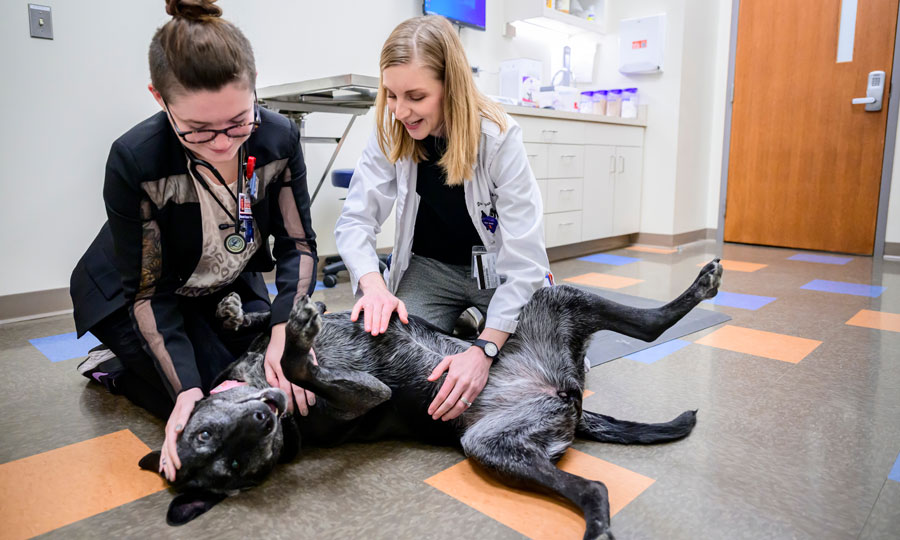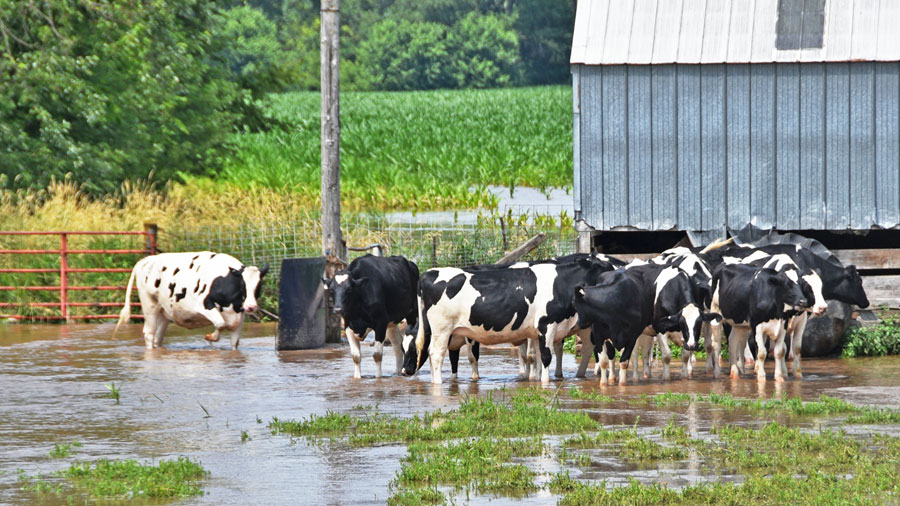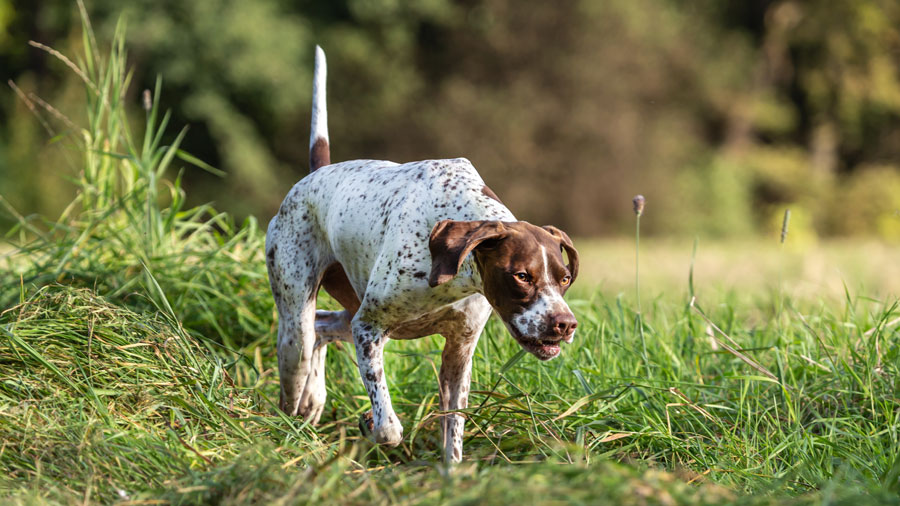It’s fun to spend a summer night catching and releasing lightning bugs, right?
Well, not if you are a bearded dragon.
Dr. Krista Keller, a board-certified specialist in zoological medicine at the University of Illinois Veterinary Teaching Hospital, wants to be sure reptile owners know that eating even a single lightning bug can be deadly to bearded dragons.
“Lightning bugs, sometimes called fireflies, are fascinating beetles that emit light to attract mates. They are a staple in the backyards in Illinois in the spring and summer months and are fascinating for humans and animals alike,” says Dr. Keller.
“However, even though many lizard species thrive on a diet composed of insects, these light-emitting bugs are toxic and should never be fed to reptiles or amphibians.”
Why are lightning bugs toxic?
“Lighting bugs contain toxins called lucibufagins, which are toxic to the heart muscle and cause death in bearded dragons that ingest them,” explains Dr. Keller.
“Toxicity from lightning bugs has also been reported in other lizard species, so lightning bugs should not be fed to any reptile or amphibian species.”
Are there specific kinds of lightning bugs that are especially toxic?
There are innumerable species and subspecies of insects that can cause problems.
“There are several different taxa of insects that emit light, typically in their mating display. The most commonly implicated genus in causing deaths in bearded dragons are Photinus spp, which include several beetles commonly seen in the spring and summer months throughout North America.”
Are other insects toxic to pet reptiles?
Unfortunately, many insects dangerous to bearded dragons may lurk in your garden. While it is healthy for your bearded dragon to spend time outside, you should monitor your scaled family member closely to be sure it’s not snacking on bugs.
“Although bearded dragons and many other lizards eat insects as part of their diet, many insects in our backyards may be toxic or may carry toxic pesticides within their body,” advises Dr. Keller.
“For example, tomato hornworms in the wild are toxic. This can be very confusing when you go to your pet store and see this species sold as food for your insect-loving beardie or chameleon. The ones at the store are highly cultivated and safe for pets, but hornworms from your backyard feed on plants that contain toxins and those toxins accumulate in the insects. Feeding these wild-caught insects to your reptile will pass the toxins to your pet.”
It is important to consult with your veterinarian to make sure your pet is getting an appropriate and balanced diet.
How can I best protect my bearded dragon?
“Make sure your insect-loving lizard does not eat insects from outside. Although your beardie will enjoy being outside, do not allow it outside during twilight hours when lightning bugs are active. It may not be able to resist a bright lightning bug if it sees one.”
Sadly, ingestion of a single lightning bug can cause death in a bearded dragon.
If your bearded dragon or lizard has eaten a firefly accidentally, bring your pet for emergency veterinary care immediately. Dr. Keller also recommends getting regular check-ups for your bearded dragon. Not only is veterinary care essential for your pet’s health, but you will also establish a relationship with a veterinarian so you have someone to turn to in case of an emergency as well as for general dietary questions.
By Reilee Juhl

![[bearded dragon looks at night sky]](https://vetmed.illinois.edu/wp-content/uploads/2022/08/pc-beardie-night-sky-web.jpg)


